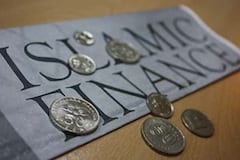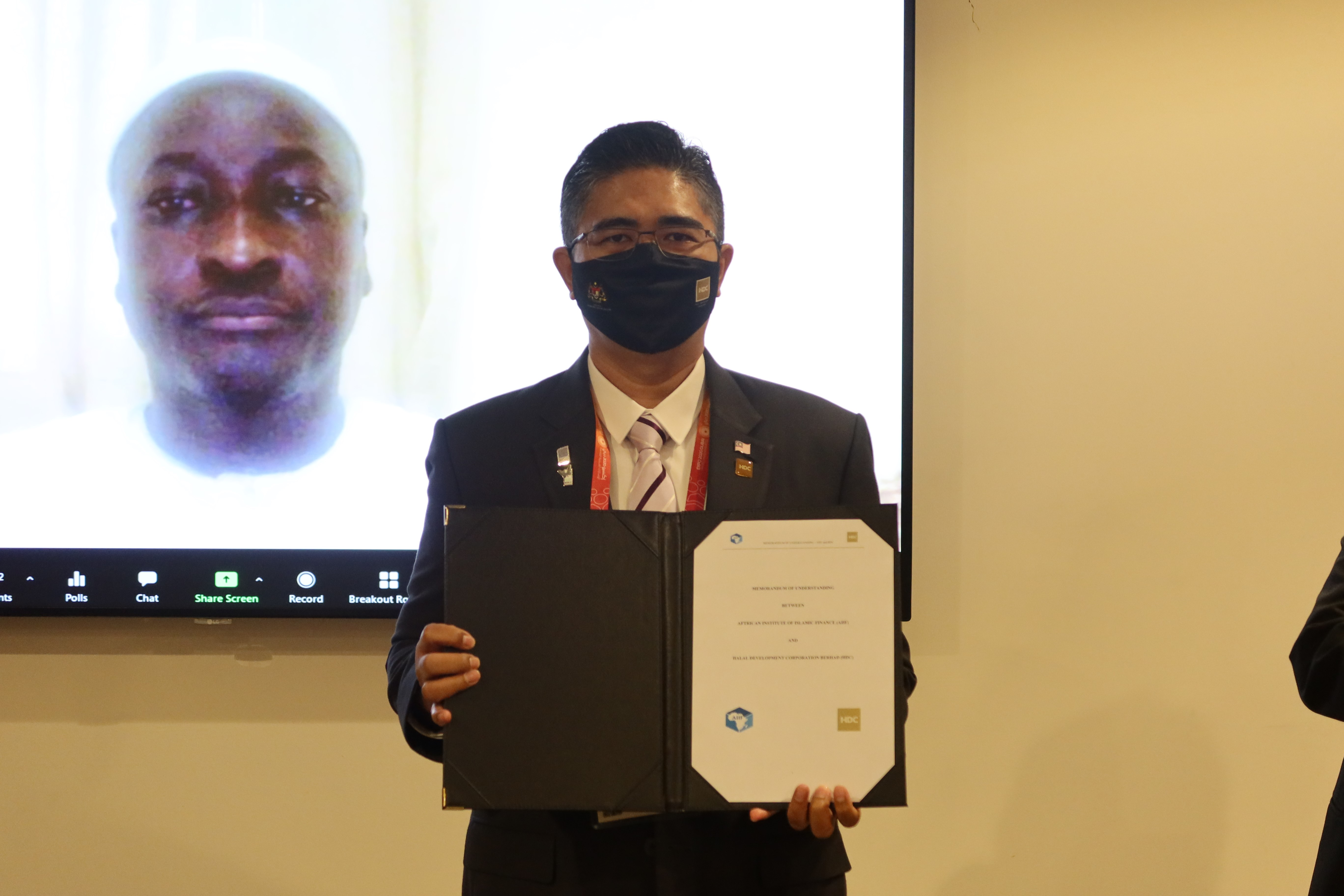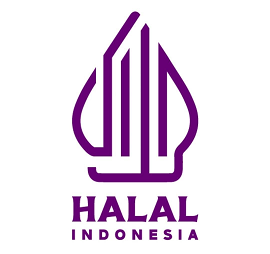Gregor Stuart Hunter – The National
 London and Dubai are competing for the title of the biggest Islamic finance listing centre in the western world. But their financial firms are also cooperating in ways that a decade ago would have seemed unlikely.
London and Dubai are competing for the title of the biggest Islamic finance listing centre in the western world. But their financial firms are also cooperating in ways that a decade ago would have seemed unlikely.
Sheikh Khalifa, President of the UAE, and Queen Elizabeth of Britain are not likely to have discussed a niche subject like Islamic finance when they met yesterday in Windsor Castle. But it is a subject close to the heart of the UAE and United Kingdom’s financial industry. Dubai, in fact, this year launched its boldest challenge yet to London’s lead in Sharia financing.
Dubai set out in January its plans to become the “capital” of the Islamic industry, with global rules to enforce standards on industries as diverse as Sharia finance, halal food, pharmaceuticals and cosmetics, and charitable endowments.
Plans for a UK sovereign sukuk may have been shelved, but the British government recently established an Islamic finance task force, intended to rejuvenate the UK’s Sharia-compliant industry.
For HSBC, the British banking giant that is the biggest underwriter of sukuk worldwide, it helps to have a foot in each city, Simon Cooper, the bank’s regional chief executive, said last week.
“The Islamic capital markets are markets that we dominate, and trading of those bonds takes place in Dubai,” he said. “As we look to continue the development of both the tenor and the structure of Islamic bonds, that will definitely benefit Dubai’s expansion and its development of its financial centre.”
The British capital – described last month as the “eighth emirate” of the federation by Boris Johnson, London’s mayor, because of the large number of UAE nationals who travel there during the summer – is also presenting opportunities for the increasingly healthy UAE banking sector.
Emirates NBD, the biggest bank in Dubai, was seeking to grow its business in the UK through London, said Rick Pudner, the bank’s chief executive, in a conference call on Thursday.
“As far as London perspective, we’ve said we want to build up our wholesale banking operations, treasury markets and the private bank. That’s a key component there,” he said. He added that the bank was a key supporter of Dubai’s Islamic initiatives.
Islam is the fastest-growing religion in the UK and the potential gains from Sharia-compliant industries are attracting companies including Abu Dhabi Islamic Bank. The lender has established a private banking centre at One Hyde Park in Knightsbridge, one of the most exclusive addresses in the capital, where large numbers of the very wealthy reside.
The 2.7 million Muslims in England and Wales represent the second-biggest religious group after Christians, according to official census data from 2011.
Hussain Al Qemzi, who sits on the board of a Dubai committee tasked with overseeing the development of the emirate’s Islamic economy, has said that there is no reason why Dubai could not take London’s crown as the biggest listing centre for sukuk.
Dubai’s Government, Emirates Airline and Dubai Electricity and Water Authority have raised a total of US$2.75 billion through listings on the Nasdaq Dubai and the Dubai Financial Market, according to data from Bloomberg.
So far, Dubai is way ahead – London, which raised four times more than Dubai with $9.7bn in listings last year, has listed no sukuk at all this year.
That said, Dublin’s efforts to swipe a greater share of the sukuk industry from London are bearing fruit – the Irish Stock Exchange has listed $5.75bn so far this year.
But an increasingly global outlook was something that the industry currently lacked, said Moinuddin Malim, the chief executive of Mashreq Al-Islami, at a conference in Dubai last month.
“Islamic finance as of today is really a local if not regional business. There’s no Islamic banks in the world that have a presence in 10 or 15 countries, they’re mostly regional players and mostly local players,” he said. “Today, we look at Malaysia and say that Malaysia is the leading Islamic hub, but the fact is it’s all for the in-house requirements of Malaysia.”
Follow us: @TheNationalUAE on Twitter | thenational.ae on Facebook


